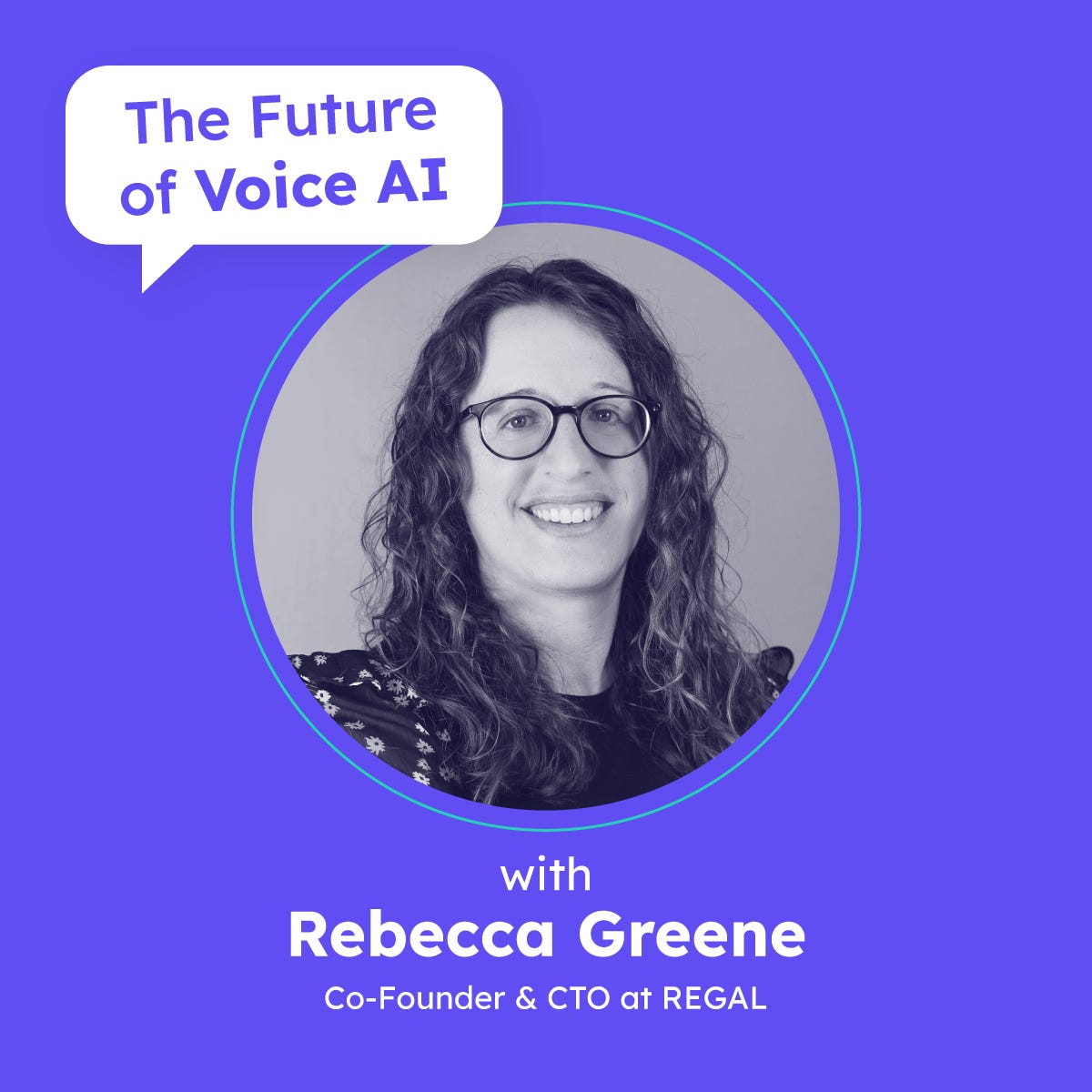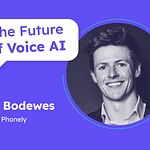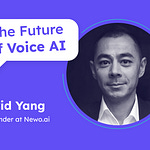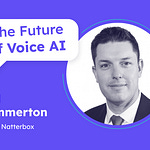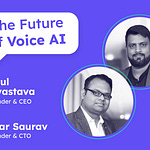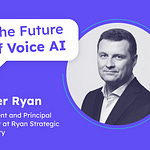In the Future of Voice AI series of interviews, I ask three questions to my guests:
- What problems do you currently see in Enterprise Voice AI?
- How does your company solve these problems?
- What solutions do you envision in the next 5 years?This episode’s guest is Rebecca Greene, Co-Founder and CTO at Regal AI.
Rebecca Greene is the Co-Founder and CTO of Regal, the AI Agent Platform for enterprise contact centers. Prior to Regal, Rebecca was the Chief Product Officer at Handy (acquired by Angi) and started her tech career at Amazon. She has an MBA from Harvard and a BA from Columbia.
Recap Video
Takeaways
Regal AI builds voice agents that combine real-time AI with human-level personalization to automate high-value conversations.
Voice AI works best in industries where conversations drive value, not just cost savings.
Contact center use cases that involve emotion or complexity are more compelling for AI agents than low-stakes retail.
AI agents can outperform humans in uncomfortable tasks because they lack shame or fatigue.
Inbound support is being redefined by voice agents that actually understand intent and take action.
The real threat to IVRs isn’t better UX, it’s full obsolescence via intelligent voice agents.
Long conversations, emotional complaints, and group calls are still weak spots for AI agents.
Customers over-engineer guardrails out of fear of hallucination, then wonder why performance lags human agents.
Top-performing humans agents routinely go off-script, yet companies expect AI agents to stick to it. This creates false performance comparisons.
Real innovation starts by training agents based on top human reps, not static call scripts.
Every stage of the AI agent lifecycle—especially post-deployment—still has unsolved product gaps holding back performance and adoption.
Simulated testing is unreliable because it assumes “perfect users” but real customers are messy, emotional, and long-winded.
Agent testing and improvement today is more product design than engineering—continuous iteration is the norm.
Most enterprise customers aren’t equipped to build or manage AI agents without hands-on help, even if they are tech savvy.
Prompts for production agents are wildly different from ChatGPT-style usage and most contact center leaders don’t realize the complexity.
Regal’s approach includes embedding engineers to co-build with customers, showing that hands-on support is still a differentiator in Voice AI.
Rebecca predicts 90% of contact center voice interactions will be AI-led within five years, unless regulators step in.
AI agents won’t just match human performance, they’ll eventually surpass it with personalization, memory, and scalability.
Future agents won’t just optimize for the “average” customer—they’ll dynamically shift tone and pacing based on individual behavior.
Voice interfaces will move from the call center to the product itself and embed real-time conversation into apps as a core feature.

